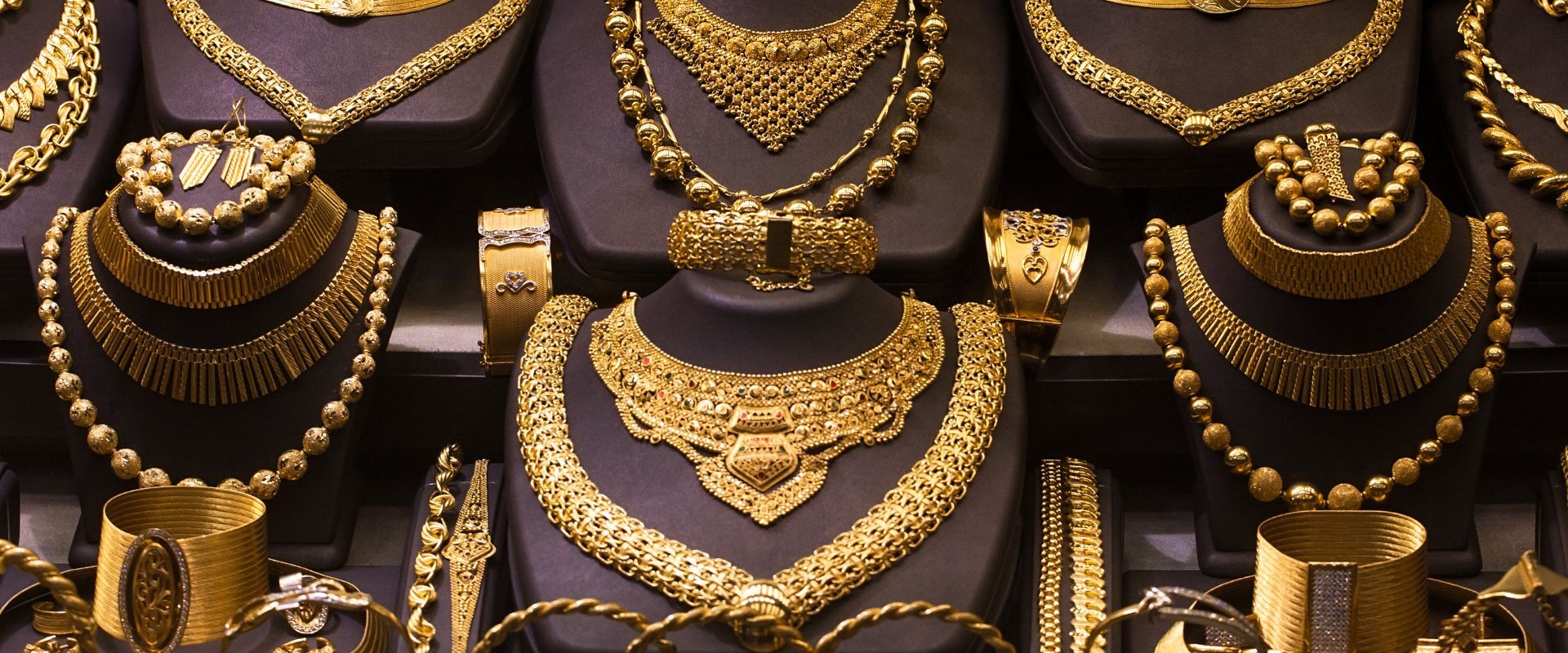As the U.S. dollar continues to lose value, more lawmakers seek creative ways to move away from the currency toward something more stable and appreciating. The government particularly wants to move away from USD-backed central bank digital currencies, so what’s the next option? Lawmakers in Texas are proposing the creation of gold-backed central bank digital currencies.
Senator Bryan Huges and state Representative Mark Dorazio introduced this proposal in Senate Bill 2334 and House Bill 4903 to require the state comptroller to create a digital currency entirely backed by gold, meaning it would be redeemable in gold or equivalent gold values in cash.
“The comptroller shall establish a digital currency that is backed by gold so that each unit of the digital currency issued represents a particular fraction of a troy ounce of gold held in trust,” the bills express, continuing that if necessary, a private third-party can be included to establish the currency.
The comptroller’s role would also include creating a system that would allow for citizens to use their new gold-backed currencies during daily transactions. “In establishing the digital currency the comptroller shall establish a means to ensure that a person who holds the digital currency may readily transfer or assign the digital currency to any other person by electronic means.”
According to the bills, a trust at the Texas Bullion Depository would hold all the reserved gold backed by the currency, and the comptroller or an appointed third party would control the depository. “The trustee shall maintain enough gold to provide for the redemption in gold of all units of the digital currency that have been issued and are not yet redeemed for money or gold,” the bills explain.
The bills include no limit on how much gold-backed currency Texas may purchase. Essentially, after each purchase finalizes, the comptroller would need to “buy a fractional number of troy ounces of gold equal to the number of units of the digital currency issued to the purchaser, and issue to the purchaser a number of units of the digital currency equal to the amount of gold that the comptroller purchases with the money received from the purchaser.”
Following this transaction, when the purchaser wants to redeem their digital currency for cash, they would simply present their units to the comptroller (or the designated third party in charge), who would then sell the gold in the depository trust account on their behalf, then transfer the redemption amount to the purchaser in cash, so they can spend it as they please. The transaction would likely accrue some fees.
Purchases would also have the option to redeem their digital currency for gold, rather than selling for cash. The comptroller “may manage redemption of the digital currency for gold by the use of bars or coins of standard sizes and may pay fractional remainders in cash as necessary to facilitate the transaction,” the bill includes. One primary benefit of this option would be how it allows the purchasers to hold on to their investment in the hopes that it continues to gain value over time.
The digital currency’s value would equate to the value of gold at the time of sale and “must be equal to the value of the appropriate fraction of a troy ounce of gold at the time of that transaction.” Because of how gold can increase in value over time, the digital currency may gain strength rather than falling subject to inflation. The potential for this gold-backed digital currency to maintain value over long periods is its primary appeal to investors and government entities alike.
To ease investor concerns over bail-ins and similar issues, the bill also states that “Money received from the purchase of the digital currency, gold purchased and held under this chapter, and money received from the sale of gold in response to a request for redemption is not available for legislative appropriation.”
The government would hold any transactional fees that the fund generates in a general revenue fund to go toward account management costs and other expenses.
“This ACT takes effect September 1, 2023,” both bills conclude.
As of now, the bills haven’t been assigned to a committee yet. To go into effect, the bills must go to a committee hearing, receive the majority vote, then receive full vote approval by both the House of Representatives and Senate.
Regardless of if the bills pass, the proposal alone marks a monumental stride in gold history. The United States and many other nations continue embracing gold as a tried and trusted asset. A gold-backed digital currency is one more step toward gold taking over once again.








